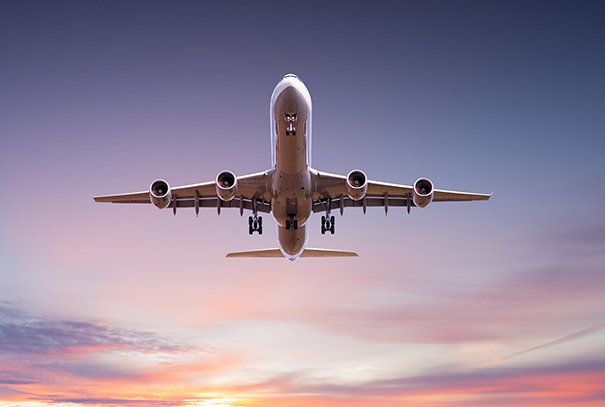
The pandemic of the past year has caused what many in the aviation industry knew would happen eventually - the end of the cycle. Few however predicted the scale of the external shock and as many airlines and aviation companies face into the traditionally tougher winter months, some will find this the most challenging period yet.
The past number of years has seen aircraft leasing become more mainstream, coinciding with the significant upsurge in passenger demand for leisure travel and a growth in personal disposable income. Especially for LCCs and start ups, leasing an aircraft allows the airline to manage cash flow, while growing its fleet and also giving flag carriers access to the newest, most fuel efficient aircraft on the market. So much so that almost half of the world’s commercial fleet is now leased.
Ten months into the worst crisis to affect the sector, several commentators are asking what impact this will have on leasing. The reality is that while many leasing companies have seen a significant drop in revenue as a result of rental deferrals and restructurings, many have also been part of the solution. While some airlines have received government support, many have not and airlines like Easyjet, IAG, Wizz and others have looked to lessors as a way to provide them with much needed access to liquidity through the completion of a series of sale and leaseback deals.
It is not all doom and gloom; the airline industry will recover – history dictates that fact. In my thirty years in aviation, I have seen many crises – SARS, the horrific events that occurred in the US on September 2001, the Gulf War, the Global Financial Crisis – all of these events saw air travel emerge different but stronger. We will see many airlines also emerge stronger from this period. They will be the airlines that have restructured and engineered new ways of thinking, taking advantage of how the situation has impacted their competitors. And they will be ready to take advantage of the opportunities when the time comes. The fundamentals that drove demand in air travel will reassert themselves. We have already seen the recovery take hold in China, Mexico, Turkey, Russia and elsewhere with some region’s airlines are now seeing capacity at the same levels as they did pre-COVID-19. We are now eagerly waiting to see green shoots emerging from the rest of the Americas and Europe and the roll out of the vaccine will likely see airlines return to some element of positive cash flow by the end of 2020.
We now need to see a focus by governments to ensure that there are safety measures at airports so that people can get back to the skies. Air travel is vital for economic growth and domestic economies depend on it.
In Aircraft Leasing Ireland (ALI), we are preparing for that recovery and firmly believe that aircraft leasing will play a critical role for airlines in emerging markets and elsewhere as they seek to re-establish themselves, especially for mid-tier airlines who will struggle financially for many years to come. ALI was established in 2017 to represent the needs of the sector in Ireland and now represents thirty-one leasing companies who ensure the continued development and success of Ireland’s aircraft leasing industry working collaboratively with the Irish Government and other stakeholders. This industry has made its presence felt – now supporting over 5,000 direct and indirect jobs and contributing over USD600m annually to the Irish economy. However, there are other priorities and actions that must happen during this period to ensure that the sector emerges stronger.
We have to look at other ways that airlines can cut costs – technology provides a way to do this and digitisation of aircraft records and documentation allowing digital transition of aircraft and engines enabling maintenance staff to keep data in a more efficient manner. Without doubt, the industry has been behind the curve in this respect.
We also need to work harder during this crisis to be prepared from the sustainability perspective when airlines return to the skies – this means ensuring that the industry - OEMs, airlines and the leasing community are working together to achieve effective and collaborative solutions to maintain the sustainability agenda at the top of the list. We cannot compromise on talent in this industry – we need to ensure that we don’t lose the talent that we have cultivated and nurtured over the past twenty years – redundancies and early retirements are tough decisions that some companies may need to take but we cannot lose the know how, skills and expertise built up over many years or renege on our plans to recruit the next generation of future talent.
Finally, OEMs, lessors and airlines need to work together to continue to provide financing solutions to the aircraft financing sector as the industry continues to require liquidity as the recovery takes hold.
But for all of this to happen, we need to see an orderly rollout of the vaccine and governments prioritising getting passengers back into the skies. It is clear that people still want to fly, national holiday weeks in the US and China have demonstrated that. As has always been the case in the aviation industry, we will put all the measures we can in place to ensure that safety is paramount. Passengers need the confidence to know they can fly safely between countries without fear of contracting the virus, whether this is on the aircraft or in the airport. This will be of benefit to everyone, especially us in leasing companies but mostly for economies who are in dire need of tourism footfall at the arrivals gate.



